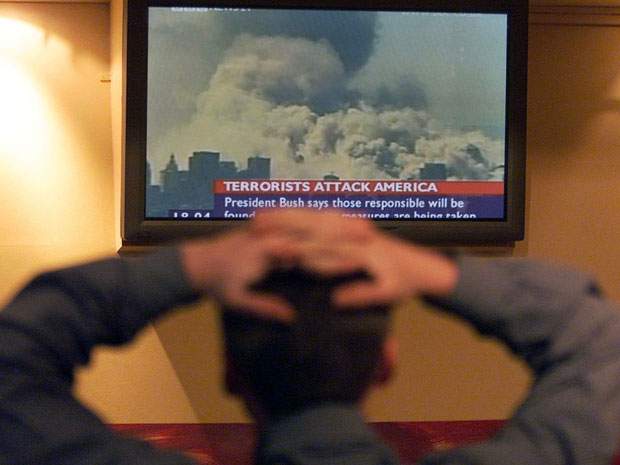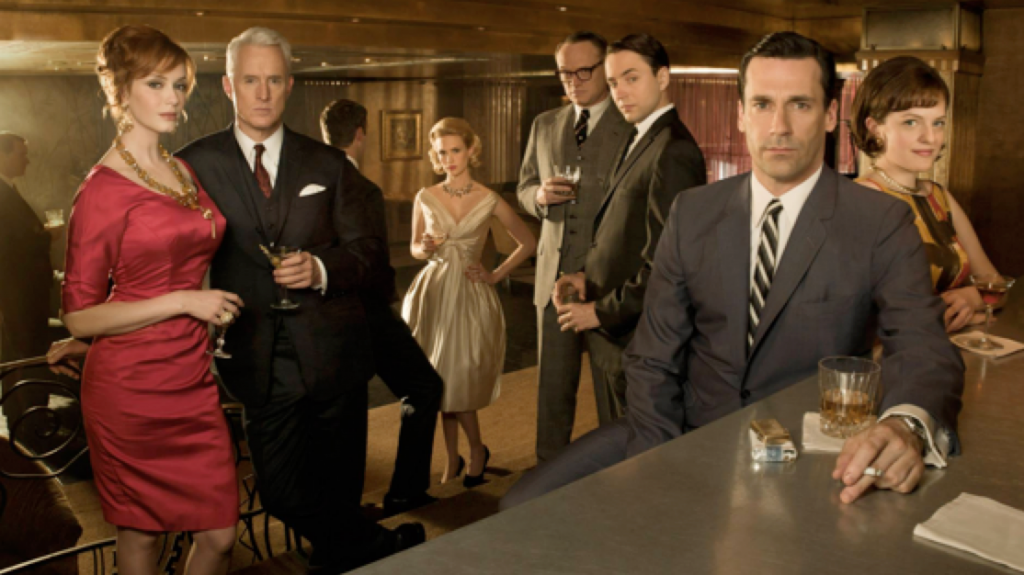TV Cultures – Blog Post #2
Back in high school we learnt about flashbulb memories – vivid memories associated with particular events. It was September 11, 2001 and I was about six years old. I woke up to my Dad and some of his friends who were helping him renovate our house. We were all gathered around our TV in the front lounge room, all comprehending the events unfolding in front of us on the news. My six-year-old self was sitting on the floor with pencils in hand, drawing my interpretation of what was going on in front of me. Pencils or not, almost everyone I know has a vivid memory of how they saw that day unfold – and for most of us, it was on a TV.
It wasn’t until I was thinking about how to respond to this question that I realised how much of my life has been experienced or learnt through TV. In the early 1990’s, a man named Neil Buchanan created a show that myself, and many other 20-something year olds can give credit to for their love of art and general resourcefulness. That show was Art Attack – the show that really got the most out of old egg cartons and tissue boxes in the best way possible. Around this time too, was Hi-5. I wore beads in my hair to kindergarten, layered colourful t-shirts and basically thought I was Charlie (one of the members). So much of my early childhood was based on hours spent around the TV in my living room, wishing to be just as creative and stylish as what I saw.
Fast forwarding time to the awkward tween years, I was just about to finish primary school and embark on the great unknown – high school. Coming home from school every day to The Sleepover Club that was on almost every weekday at 4pm was my favourite thing. In hindsight this show was absolutely appalling, however, to my impressionable 12-year-old self, it was everything. It gave me such a clear idea of what high school would be like and all my friends loved it. We’d all pretend to be members of the show and got so caught up in the little world we had created. After The Sleepover Club came arguably the most defining show of our childhoods – 6pm Simpsons. I recall so many arguments with my parents over the TV remote because it was always on at the same time as dinner, or the news. The Simpsons was, and will forever be, a part of everyone’s lives.
In my opinion the power of a flash bulb memory, pertaining to the individual is an absolute phenomenon. The ability to recall their experience/s of a certain show or event is the power of television – events and memories that can be vividly recalled, which have impacted our lives in different ways. I will always be thankful for being a millennial – learning about the world and discovering myself through television is such a resource, one that I will never take for granted.

